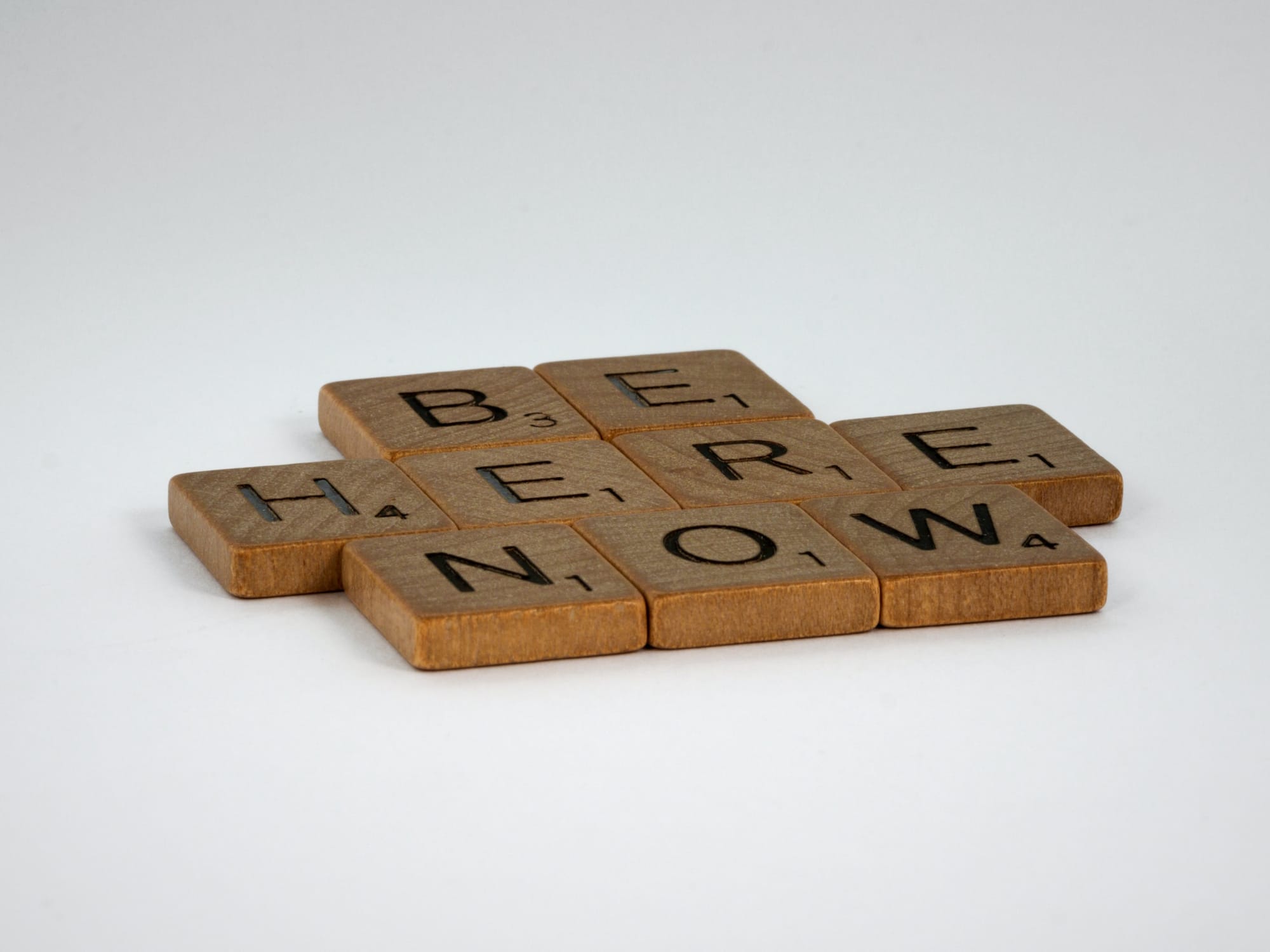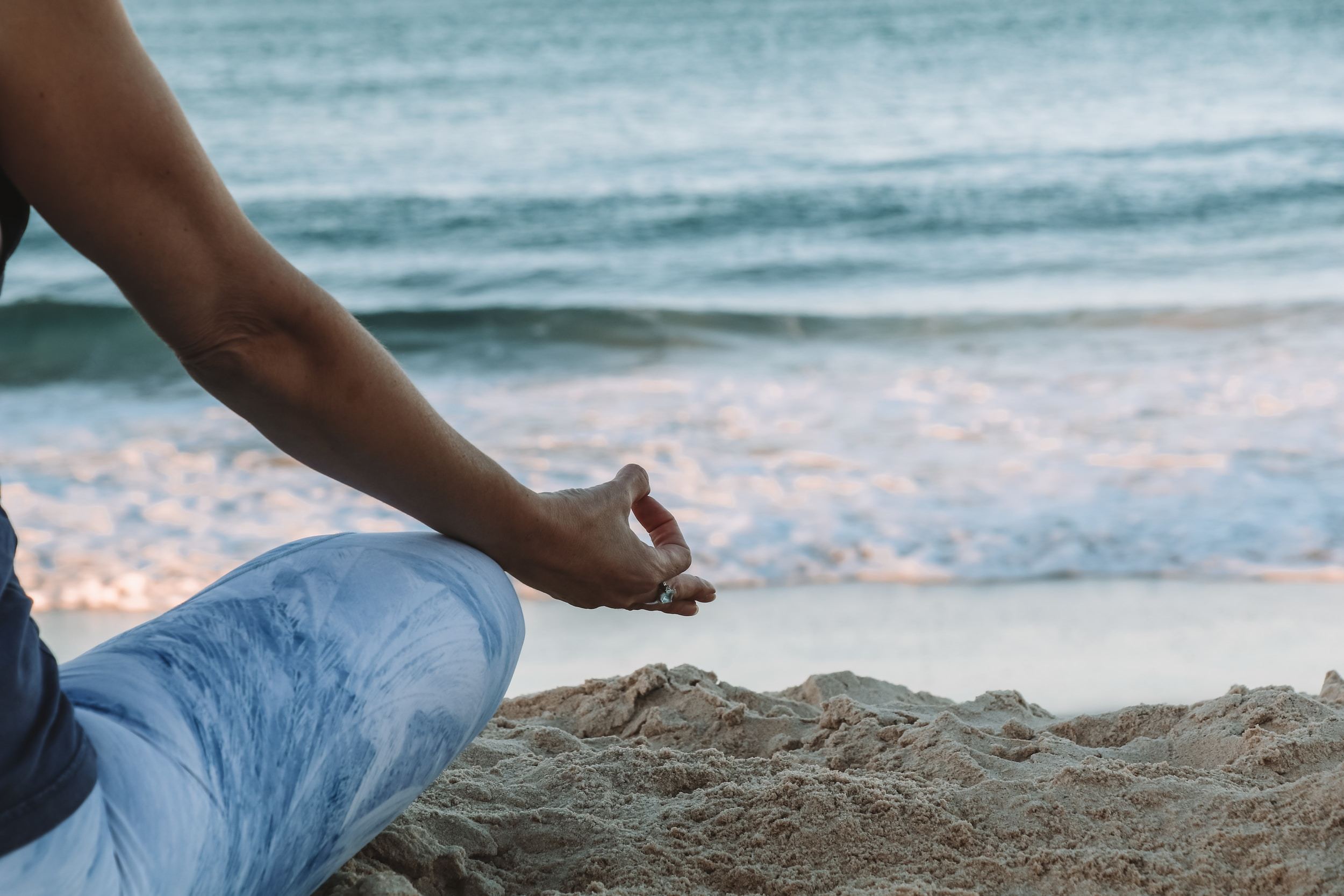10 Tips On How To Bring Mindfulness Into Everyday Life.

Mindfulness is a mental state and practice of being fully aware and present in the current moment, without judgment or distraction. It involves paying deliberate attention to your thoughts, feelings, bodily sensations, and the surrounding environment.
Mindfulness is often cultivated through various meditation techniques and can also be integrated into everyday activities.
At its core, mindfulness involves observing and accepting your experiences as they arise, without getting caught up in judgments or the urge to react impulsively. It encourages an attitude of curiosity, openness, and non-reactivity towards the ongoing flow of thoughts and emotions.

The practice of mindfulness has its roots in ancient meditation traditions, particularly within Buddhism. However, in recent years, it has gained significant popularity as a secular practice due to its numerous mental and physical health benefits.
Mindfulness-based interventions have been widely used in clinical settings to alleviate stress, anxiety, depression, and to improve overall well-being. When you are mindful, you are better able to engage fully in your daily activities and interactions, as your attention is focused on the present moment rather than being preoccupied with regrets about the past or worries about the future.

By practicing mindfulness, you can develop a greater sense of self-awareness, emotional regulation, and empathy, leading to a more balanced and fulfilling life.
Here are 10 ways you can start to bring mindfulness to your everyday life.
- Start your day with intention: Take a few moments when you wake up to set a positive intention for the day. Set aside any worries or distractions and focus on what you want to achieve or experience during the day ahead.
- Practice mindful breathing: Throughout the day, take short breaks to focus on your breath. Simply pay attention to each inhale and exhale, allowing your breath to anchor you to the present moment.
- Mindful eating: When you have a meal, savor each bite mindfully. Pay attention to the taste, texture, and aroma of your food. Eat slowly and be present with each mouthful.
- Observe your thoughts: Notice when your mind starts to wander or gets caught up in worries or regrets. Rather than getting lost in thought, gently bring your focus back to the present moment.
- Appreciate the small things: Take time to notice and appreciate the little things around you, such as the beauty of nature, a kind gesture from a colleague, or the warmth of the sun on your skin.
- Practice active listening: When engaging in conversations with others, be fully present and attentive. Listen without interrupting, and try to understand the speaker's perspective with an open mind.
- Mindful walking: While walking, pay attention to each step you take. Feel the sensations in your feet as they touch the ground, and notice the movements of your body as you walk.
- Embrace pauses: Throughout the day, take short mindful pauses. Pause before responding to emails, before entering a meeting, or even before starting a new task. Use these pauses to ground yourself and approach the situation with mindfulness.
- Let go of judgment: Practice non-judgmental awareness of yourself and others. Avoid labeling experiences or emotions as "good" or "bad" and instead, accept them as they are without self-criticism.
- Gratitude practice: Take a moment each day to reflect on what you are grateful for. Cultivating a sense of gratitude can enhance mindfulness and shift your focus to the positive aspects of life.
Remember, mindfulness is a skill that develops with practice. Be patient with yourself and make a commitment to incorporate these tips into your daily life gradually. Over time, you'll likely experience the benefits of living with greater presence and awareness.
Want to experience mindfulness?
Let me know when you are ready. It can change your life.
Mihael Mamychshvili